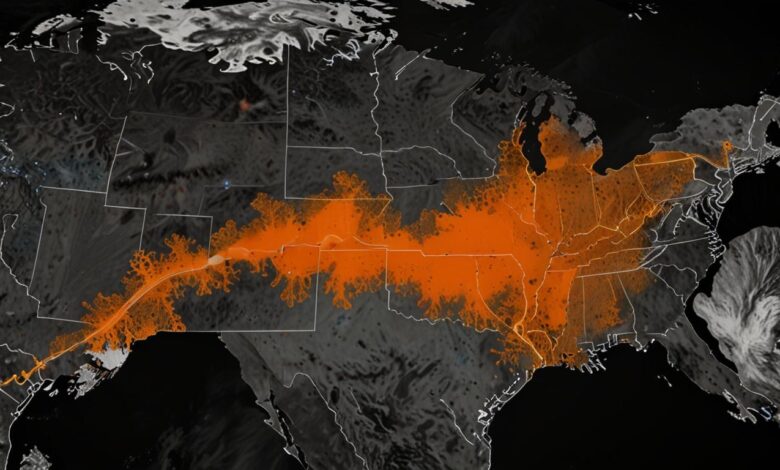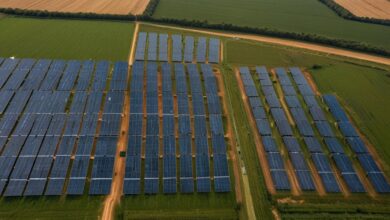Sompo Collaborates with Momentick to Monitor Greenhouse Gas Emissions Utilizing Satellite Technology

Japanese insurance company Sompo partners with Israeli startup Momentick to improve environmental monitoring using satellite images to detect and measure greenhouse gas emissions. The collaboration supports Japanese regulations for monitoring emissions from gas facilities outside Japan’s territorial waters.
Sompo, a leading Japanese insurance company, is partnering with Israeli startup Momentick to enhance environmental monitoring and address global warming. Momentick’s technology utilizes satellite images to identify and measure greenhouse gas emissions. This collaboration aligns with Japanese government regulations for monitoring emissions from Japanese-owned gas platforms and pipelines located outside Japan’s maritime boundaries.
Sompo, listed on the Tokyo Stock Exchange with a market value of $21 billion, established its innovation center in Tel Aviv in 2018. This center, led by Yinon Dolev, initiated the current partnership with Momentick to monitor methane emissions from energy production and transportation pipelines.
Momentick’s technology, using hyperspectral analysis and satellite data, has demonstrated accurate methane detection capabilities. Their analysis matched results obtained by the American entity Carbon Mapper in a specific US region.
Sompo and its subsidiary, Sompo Risk Management, will use Momentick’s findings for technical verification, service provision, and insurance product development. Data from the GOSAT satellite will also be included in the verification process, in collaboration with the Japanese Ministry of the Environment and the National Institute for Environmental Studies.
Google’s 2024 Environmental Report, released recently, highlights a 48% increase in carbon dioxide emissions over five years, attributed to energy-intensive data centers. In 2023, Google emitted 14.3 million metric tons of carbon dioxide, primarily due to increased AI workloads. Google’s data centers also saw a 17% rise in water usage for cooling, consuming 6.1 billion liters.
As tech companies invest heavily in AI, the energy required to train AI models and run related features continues to grow, contributing to increased greenhouse gas emissions. Google and other tech giants face challenges in reducing emissions while expanding their AI infrastructure.








